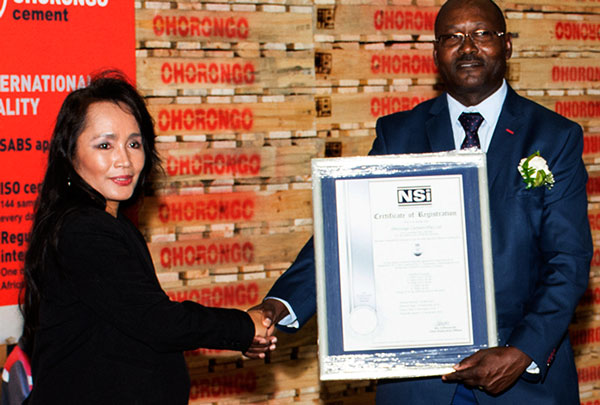
A new normal to eke out corruption
8 December 2016 – Executive Director of the United Nations Office on Drugs and Crime, Yury Fedotov, said that as the world celebrates each year on 9 December, the International Anti-Corruption Day, to truly beat corruption, a culture of lawfulness today is urgently needed.
The United Nations Office on Drugs and Crime, has rolled out a set of concrete actions to help countries build up the institutions and put in place the measures necessary to implement the Doha Declaration to prevent and fight crime, including corruption.
“We treat this not only as a means to raise awareness, but also as an opportunity to showcase innovative ways that people and organizations can work together to counter this scourge,” Fedotov said on the transformative 2030 Agenda for Sustainable Development, committed to last year by world leaders, which has put efforts to fight corruption.
According to Fedotov, preventing and fighting corruption is an essential investment to the infrastructure needed to put in place and achieve the 2030 Agenda.
“Our challenge is to create and sustain effective, transparent and accountable institutions at all levels. Corruption affects each and every one of us as our healthcare suffers when funds for medical equipment are stolen,” he said.
He said the education systems are hit when school budgets are illegally siphoned off and political institutions are undermined when bribes are paid and kickbacks sought.
Fedotov added that the task ahead is to develop a new norm, one where corruption is not seen as part of life, or as a part of doing business, or where impunity is accepted.
“Building respect for the rule of law, and instilling its core values among the world’s future adults directly complements activities concerning strengthening today’s legal and institutional frameworks. As the guardian of the United Nations Convention against Corruption, UNODC works with States on a daily basis to devise responses to this crime,” he said.











































